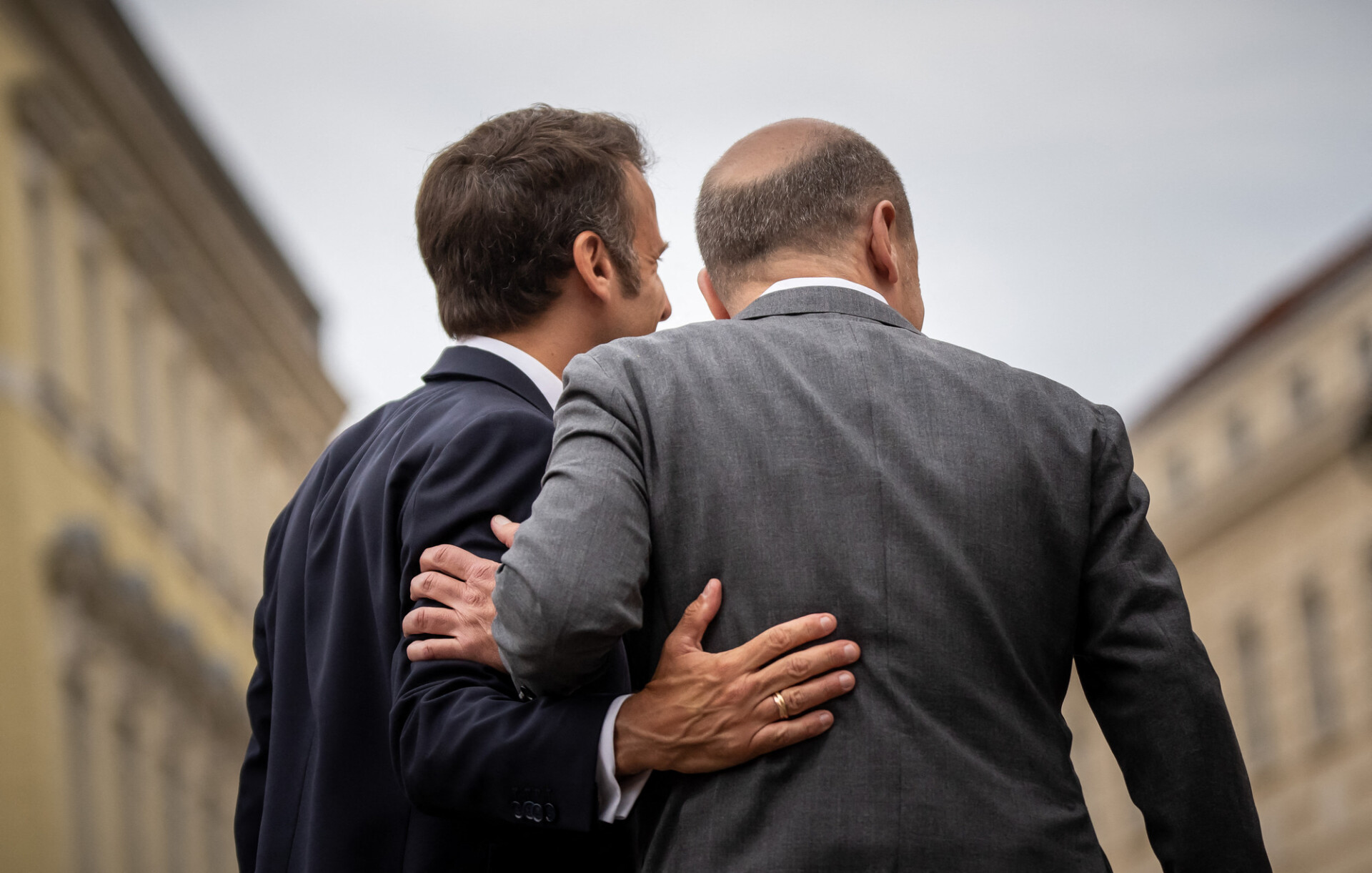France famously stops for August — the mark of a civilised nation. The great Parisian decampment to the coasts may have been held up by the Olympic Games this year, but if anything that’s made the change of focus more complete. Just look at French politics, which has instantly switched from a state of hyperactivity to one of hibernation (or rather aestivation, given the season).
Emmanuel Macron has made the most of it. Just before the suspension of normality he was in a serious predicament. Yes, he managed to wrong-foot Marine Le Pen in the second round of elections to the National Assembly. But the ducking-and-diving came at a price: an increase in seats for the parties of the Left, gathered under the banner of the New Popular Front (NFP). As the biggest grouping they have the first chance to propose a new prime minister. Any hope on Macron’s part that the NFP wouldn’t be able to agree on a name were dashed when they put forward Lucie Castets — an experienced technocrat with an ideologically-driven agenda to preserve the privileges of the bloated French state.
Hence, Macron’s dilemma: either accept her as PM and thereby bring his reforms to an end — or reject her and plunge France back into political crisis. The seasonal break has allowed him to put off the decision. Summer, though, won’t last forever.
German politics is also approaching a crunch point. On 1 September there are regional elections in Thuringia and Saxony — both of them eastern strongholds of the far-Right AfD. Another eastern region, Brandenburg, votes on the 22nd.
The three contests will be a test of AfD strength and the continued ability of the mainstream parties to exclude the populists from any share of power. The most likely outcome will be coalitions led by the centre-right CDU. What’s less certain is whether the Christian Democrats will be able to govern as real conservatives — as they must if they’re to hold off the AfD.
This prefigures next year’s federal election. Across Germany, the CDU is in a clear first place, but again it will need coalition partners to govern. Potential partners like the Social Democrats and Greens will try to drag the CDU Leftwards, but that would compromise its role as a bulwark against populism.
There’s a clear parallel here to France. The French Left is determined to use its new found power to dismantle Macron’s economic reforms. But if it also undoes the semi-hardline on issues like crime and immigration (as pursued by ministers like Gérald Darmanin), then that will be to Le Pen’s advantage.
In both France and Germany, politics is now about the interplay between three competing blocks: the Left, the establishment and the populists. Each of these three blocks is situated further to the Right in Germany than in France, but the awkward dynamics are the same.
The French and Germans should therefore enjoy the summer while it lasts. Autumn storms are on their way.











Join the discussion
Join like minded readers that support our journalism by becoming a paid subscriber
To join the discussion in the comments, become a paid subscriber.
Join like minded readers that support our journalism, read unlimited articles and enjoy other subscriber-only benefits.
Subscribe